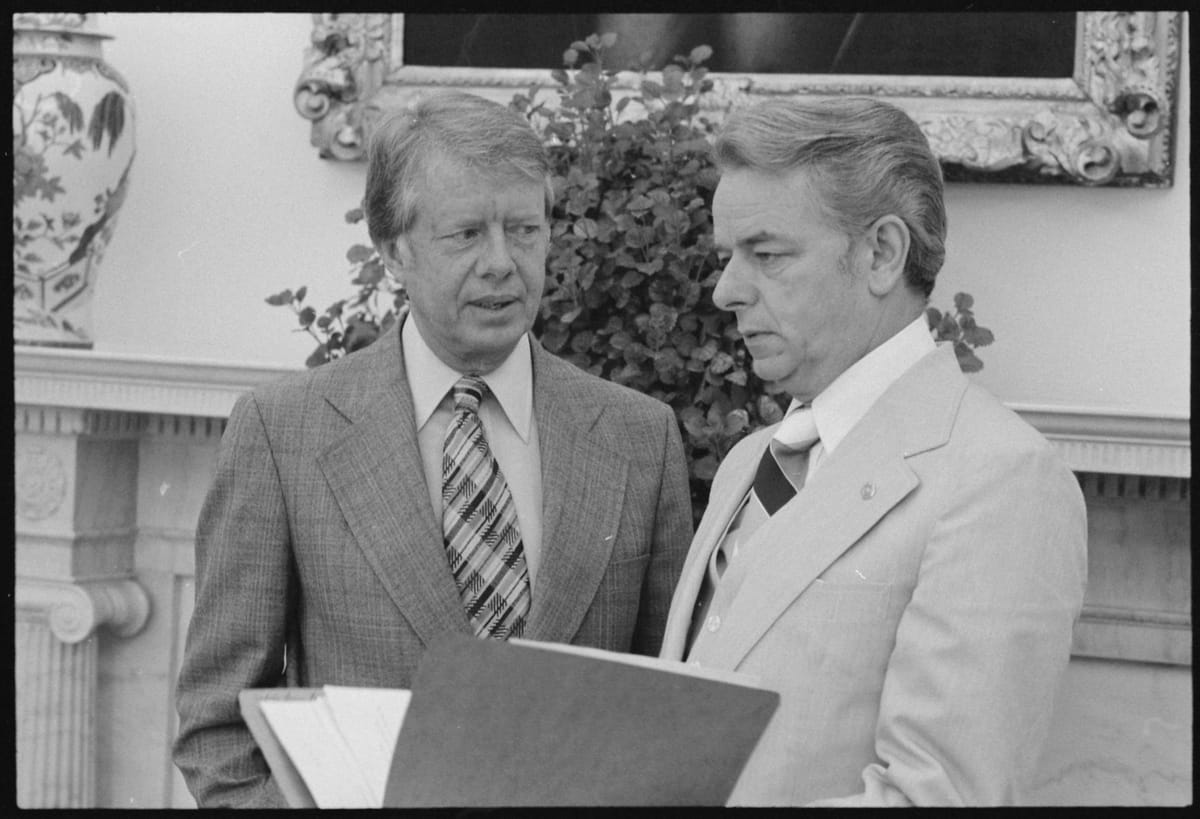A Good Thing to Know About the Politicians Who Represent Us

How is it that Senator Angus King, governor of Maine twice over and 80 years old to Maine's other Senator Susan Collins' 71 years, became the junior Senator from the Pine Tree State?
One of the most significant words in policy: seniority.
Senator Susan Collins came to the Senate in 1996. By the time Senator King - and his famous mustache - rolled into town in 2012, Senator Collins had logged 16 years in the Senate. And Congress rewards those who stay around.
The longer you've been there, the more likely you are to get appointed to the most influential committees, like Appropriations, of which Senator Collins is the most powerful Republican.
Appropriations is a fancy word for funding. Appropriators call the shots on how much money the U.S. government spends on airport traffic controllers, trail maintenance in national parks, rural broadband, food safety inspectors. In the whole produce department, Appropriators are the top banana.
The longer you've been in Congress, the more likely you are to get your priority projects funded; Maine got the most earmark money of any other state, largely thanks to Senator Collins' seniority.
Worth noting that Maine has 1.3 million people to California's 39 million. But Maine still got more earmark money. That's how powerful seniority is in Congress.
The longer you've been in Congress, the more wiggle room you have to vote your conscience without reprimand - or significant reprimand - from your party's leadership, as Senator Collins did when she bucked her party and impeached Trump.
Why does this matter to us?
When Senator Collins retires, whomever wins that Senate seat will not take her slot on Appropriations, will not bring home the same bacon she does, will not have the same wiggle room she does.
They will start at the bottom of the barrel and have to work their way up. No exceptions.
When Hillary Clinton was elected to the Senate, she knew her name conferred no seniority in that institution. She was the junior Senator from New York and she got one of the least desirable Senate offices, spoke last at press conferences with other Senators. Super senior Senator Robert Byrd had told her that junior Senators are judged by their deference – and he commended the former First Lady for her efforts.
Whenever one politician loses or retires, their district or state also loses their seniority. It doesn't mean we should change who we vote for, not at all. But it's useful to remember when we're making asks of new politicians.
The new politician likely campaigned on the sun, moon, and stars, but they arrive into elected office with little power and a lot to prove. All these constituents want me to change these laws, a junior politician once told me. But I don't have any sway to do that; I can barely get on B-rate committees.
Politicians campaign in poetry, it is said, and legislate in prose.
So when figuring out which of our politicians to make an ask of, take their seniority into account. It's one of the clearest indicators of how much power they actually wield.
